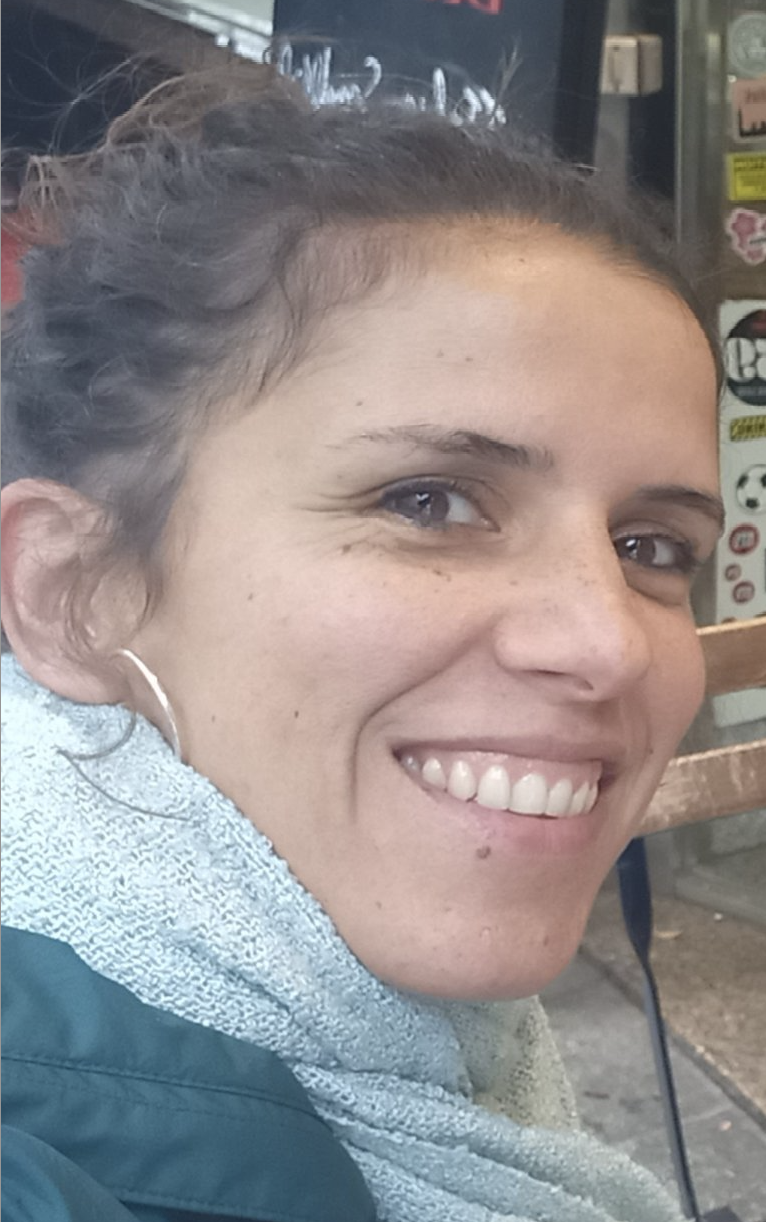Phage–bacteria interactions shaping the ecology of plant diseases
Viruses that infect bacteria, known as phages, are part of microbial communities and influence the abundance, diversity, and traits of their hosts. In an agriculture-related context, they are commonly considered as potential biocontrol agents, but studying the bases of fundamental phage–bacterial interactions may help us better understand the plant microbiome and its applications. Many factors influence these interactions, and identifying which ones matter most remains a challenge. In our study, we investigated how phages from diseased plants interact with bacteria collected from diseased and healthy plants, as well as from surrounding environments. We expected phages to mainly infect bacteria from similar environments, but instead observed that they often infected bacteria regardless of their source. This suggests that phage activity in this system has few barriers, reflecting the wide ecological distribution of their bacterial hosts. We further investigated how bacteria defend against phages by identifying both defence systems and prophages within their genomes, using this information to explore their contribution to bacterial resistance or sensitivity to phages. Together, our findings offer new insights into how phage–bacterium relationships evolve and function in plant ecosystems.
Short bio
I am a researcher at INRAE based at the Plant Health Institute Montpellier (PHIM). Previously, I worked at the Plant Pathology Unit in Avignon. By integrating evolutionary biology, community ecology, and molecular microbiology, my research seeks to uncover the role of phages in plant bacterial pathogens and to advance their application as biocontrol agents in agriculture.
I obtained my PhD at the Polytechnic University of València – Spanish Research Council (Spain). I then held postdoctoral positions at the University of Oxford (UK), the Institute of Evolutionary Sciences of Montpellier (ISEM, France), and the PVBMT (Plant Communities and Bioagressors in Tropical Environments) Institute (La Réunion).
Laboratory of the speaker
Plant Health Institute Montpellier (PHIM) - INRAE
Invited by
Marianne de Paepe




